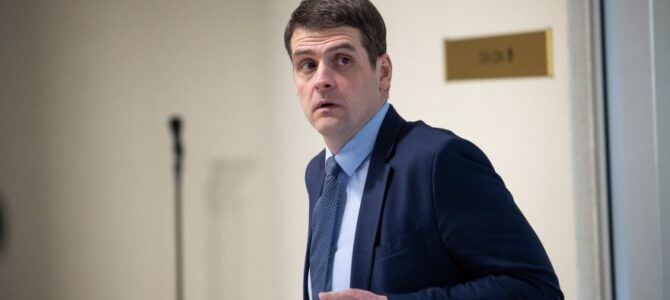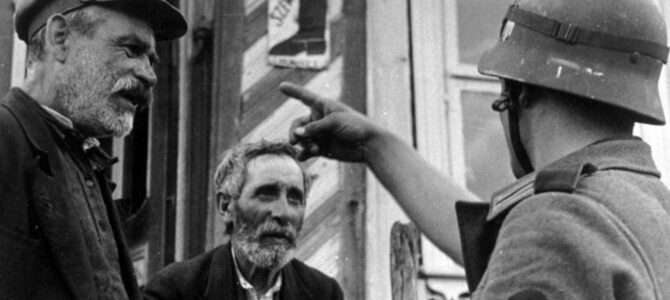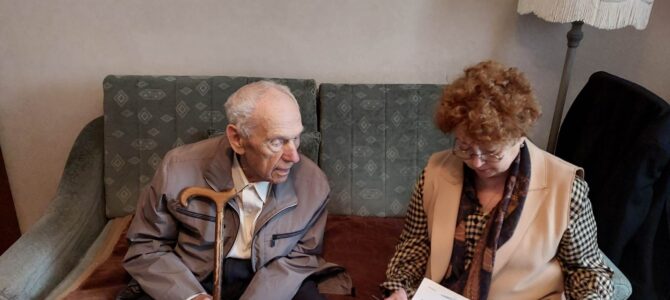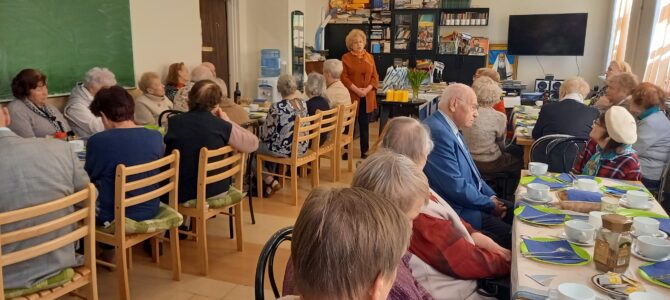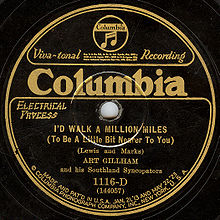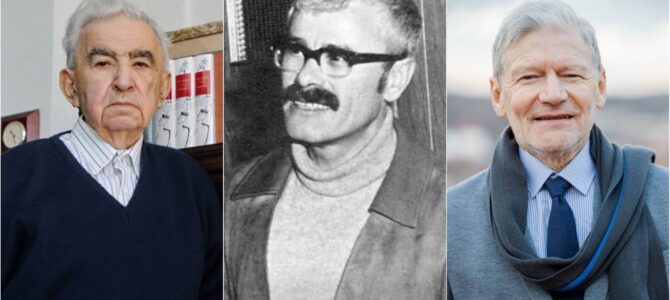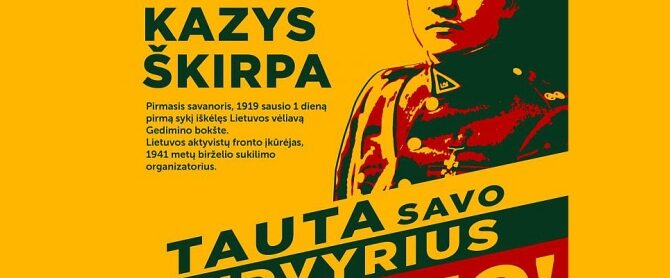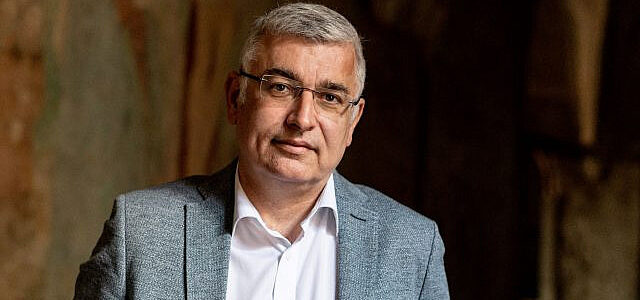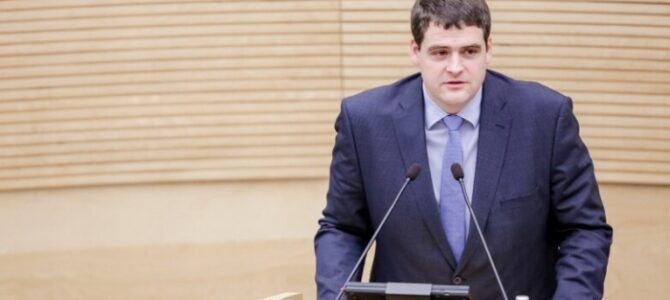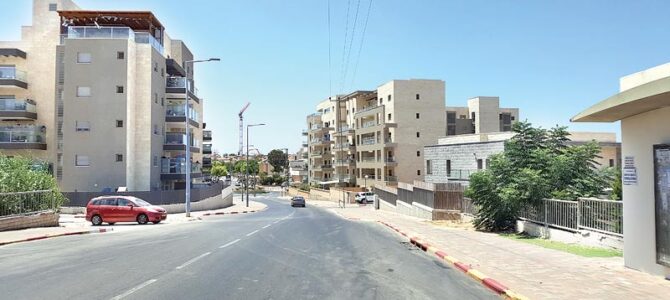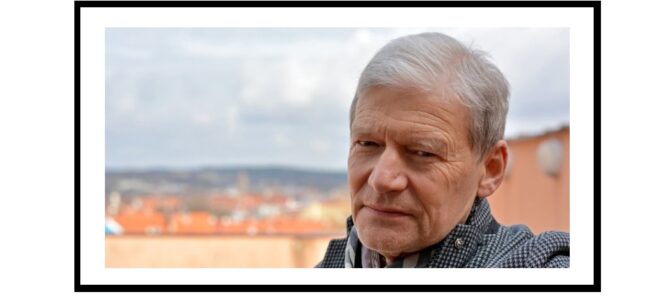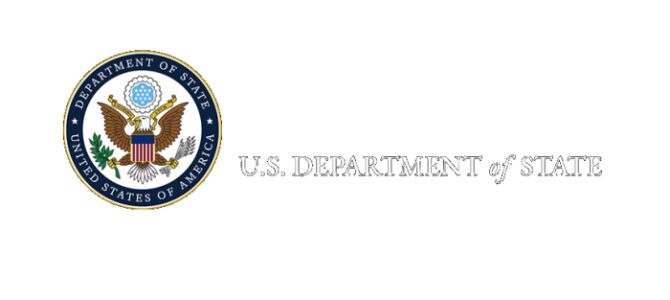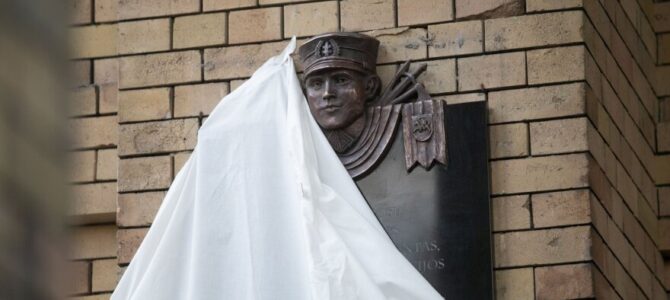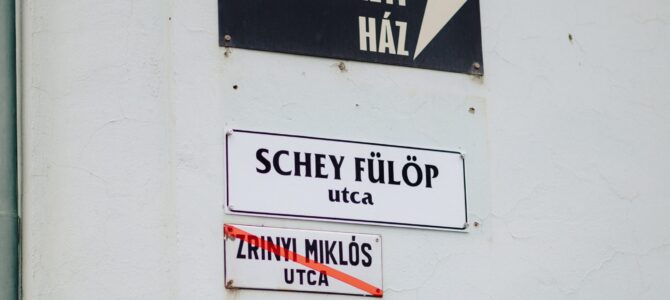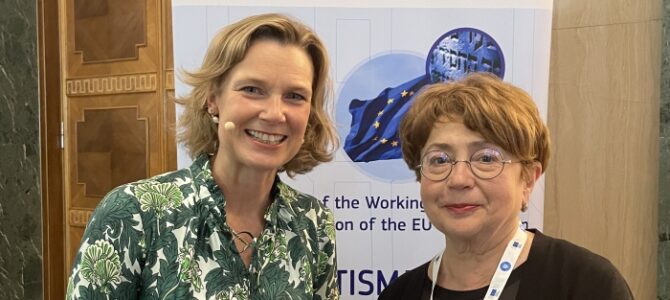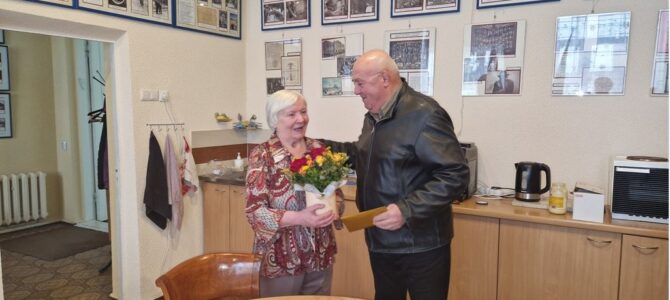The Jewish discussion club #ŽydiškiPašnekesiai invites the public to attend a special panel to remember Markas Zingeris, who died unexpectedly recently.
Over fifty years of work Markas has left us a rich inheritance: thoughts, ideas, texts, books, plays, poetry and the Vilna Gaon Jewish History Museum, where he served as director since its inception for several decades. His keen insights and very rational thinking had a deep influence on the development of Lithuanian society and politics following independence as well as before. He always demonstrated a spirit of openness, tolerance, rationality and ethical behavior.
Panelists to include Emanuelis Zingeris, Markas’s brother and MP; Emilis, Markas’s son; Violeta Davoliūtė, professor of philosophy and the history of ideas at Vilnius University, cultural historian, Holocaust researcher and colleague of Markas and Gytis Padegimas, a famous Lithuanian theater director who was a close confident (appearing via internet at the discussion club). Actor, popular writer and journalist Arkadijus Vinokuras will moderate the conversation which will be live-streamed on facebook with the help of his son Saulius.
The event is to take place at the Bagel Shop Café at Pylimo street no. 4 in Vilnius at 5:00 P.M. on Wednesday, May 10. The live-stream will be made available on facebook by following this short URL: https://rb.gy/uok94


